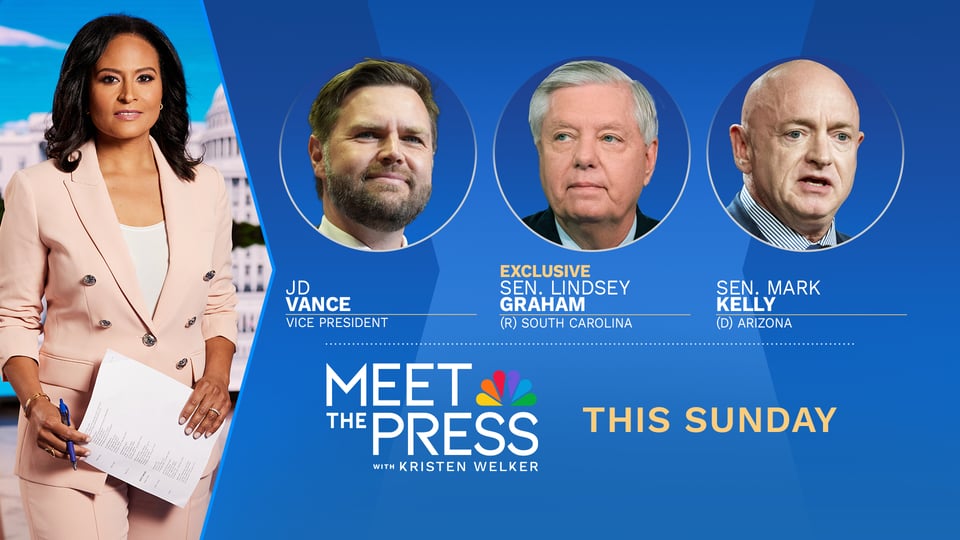The Insurrection Act Isn’t a Game
Why threats of federal troops in American cities are more about power than public safety.

Vice President JD Vance spent part of this weekend on Meet the Press with Kristen Welker talking about the Insurrection Act—the 1807 law meant for actual rebellion. Not a metaphorical rebellion, not “the media was mean to us” rebellion. Literal, armed, against-the-U.S. rebellion.
He described it as one of the president’s “options.” And then, when asked whether cities like Chicago and Portland actually qualified for such extraordinary measures, Vance pivoted—blaming the media and claiming the cities “aren’t keeping the statistics properly.” Translation: the data doesn’t fit, so ignore it.
Let’s get real for a second. Crime in both cities has declined over the past year. There is no uprising. There is no refusal to enforce federal law. There are only local officials making policy choices that the White House doesn’t like. And when those choices are challenged, the response is to suggest that the military might be deployed inside U.S. cities anyway.
That is not law and order. That is power flexed at the expense of law itself.
Federal courts have already intervened. A judge in Illinois blocked the deployment of federalized National Guard troops, and the 7th Circuit upheld that ruling. Oregon faced a similar series of interventions. Attempts to send troops from other states were blocked. And yet, administration officials continue to float the idea, almost as if daring the courts to push back again. That is not responsible governance. It is a political experiment in coercion.
Supporters will tell you this is hypothetical, that nothing has actually happened. Sure—but words matter, especially when spoken from positions of authority. When you repeatedly suggest that extraordinary measures are on the table, the extraordinary becomes thinkable. The public grows numb. And the boundaries of acceptable behavior begin to blur. That’s how democracies erode—slowly, deliberately, one “we’re just looking at options” statement at a time.
If the White House’s goal is truly public safety, there are countless ways to achieve it without hinting at militarizing domestic cities. Invest in policing that works, fund community programs that prevent crime, strengthen judicial and prosecutorial infrastructure, and support local officials in their lawful work. Using the threat of the Insurrection Act as leverage is not safety—it’s intimidation.
Let’s be honest about what this is. It’s a test. It’s a way of asserting control when control isn’t yours to assert. The vice president says the president “just wants people to be kept safe.” That’s the line every authoritarian uses right before rolling in the troops. The problem isn’t mayors. The problem isn’t the press. The problem is a government willing to consider extraordinary power to punish cities it doesn’t like.
The Insurrection Act exists for one reason—to give the federal government recourse in situations of open rebellion. Suggesting it can be used as a political tool diminishes the law, the office of the president, and the rights of the citizens it is supposed to protect. There’s a difference between enforcement and coercion, and one side is being ignored in this conversation entirely.
Words matter. Threats matter. Laws matter. Public safety cannot be a cover for politics. This isn’t a debate about options—it’s a warning.